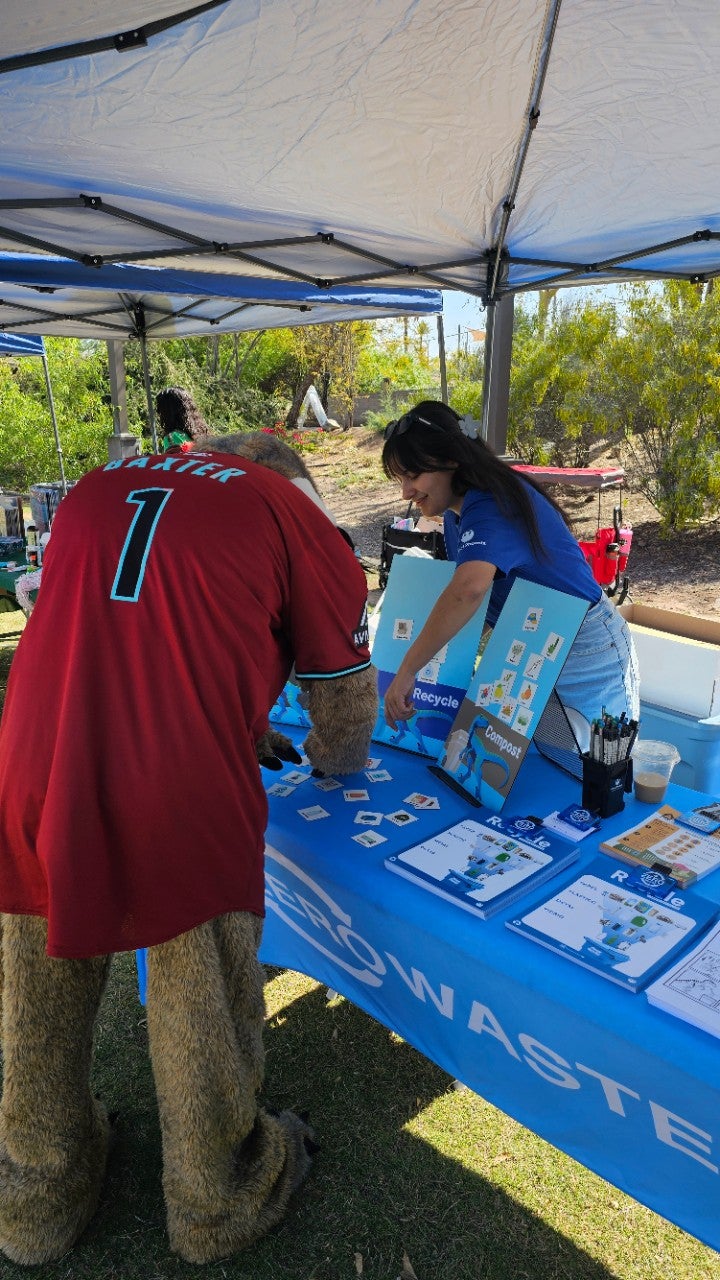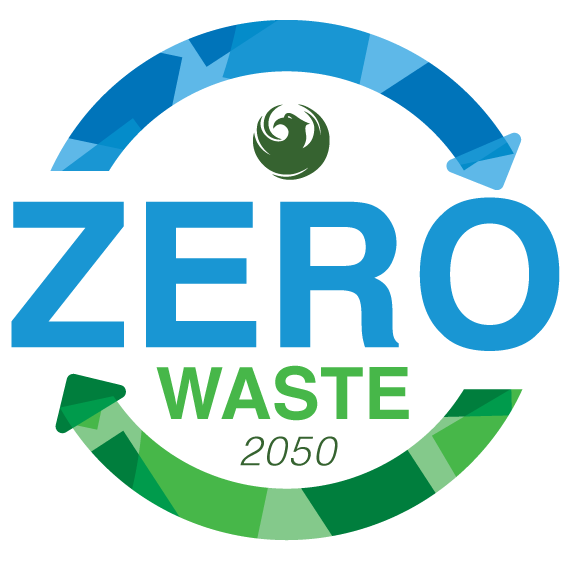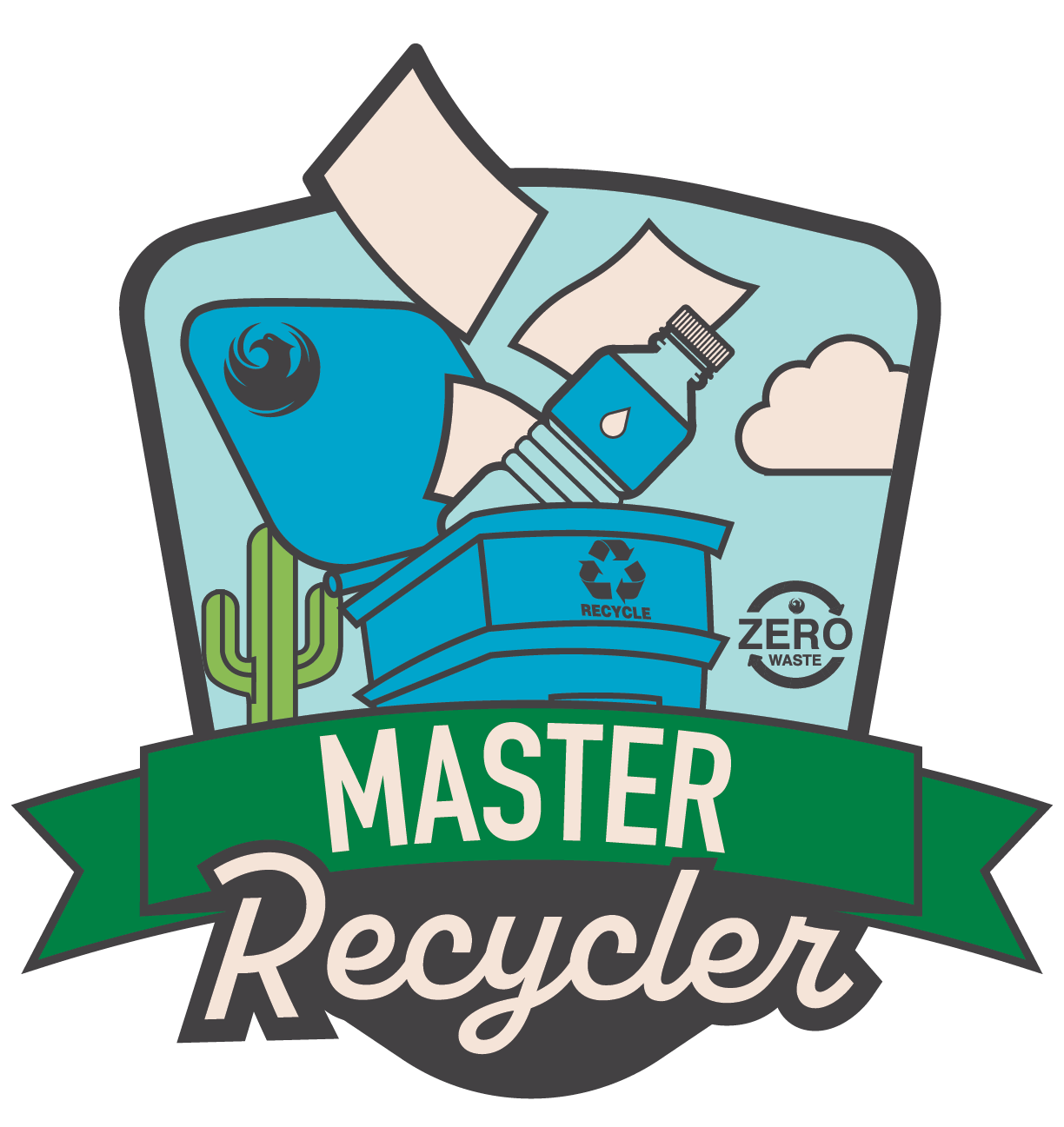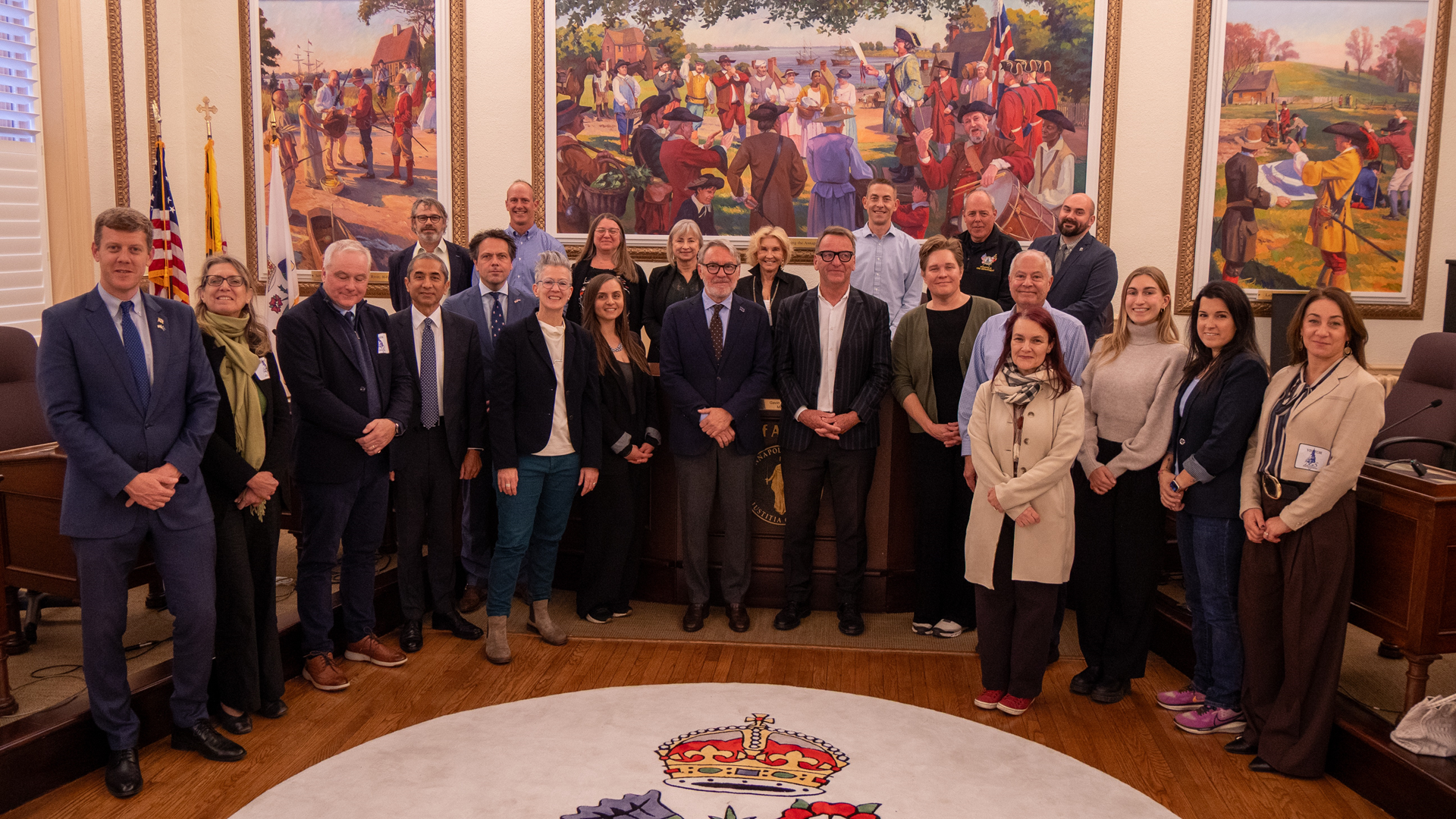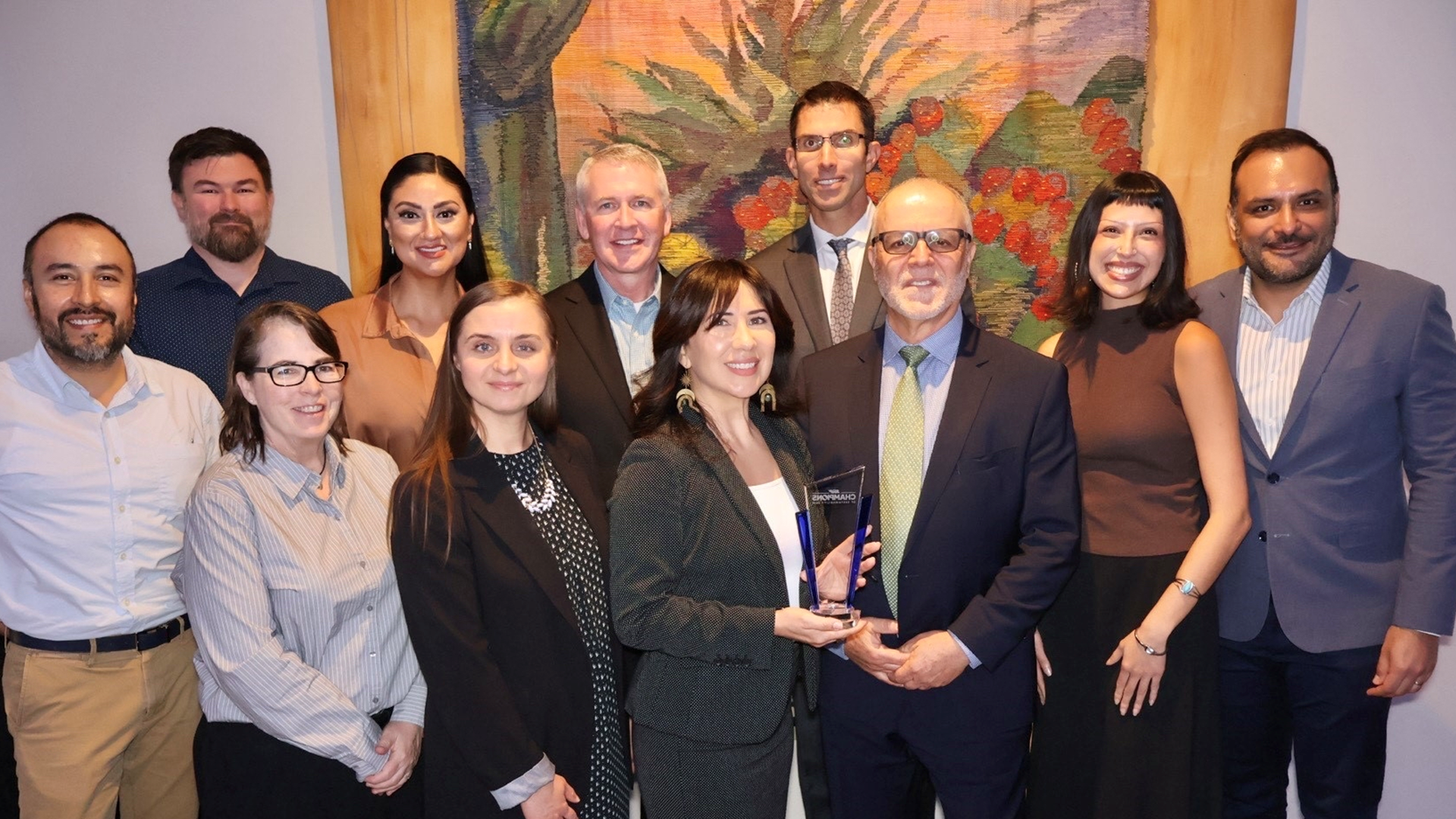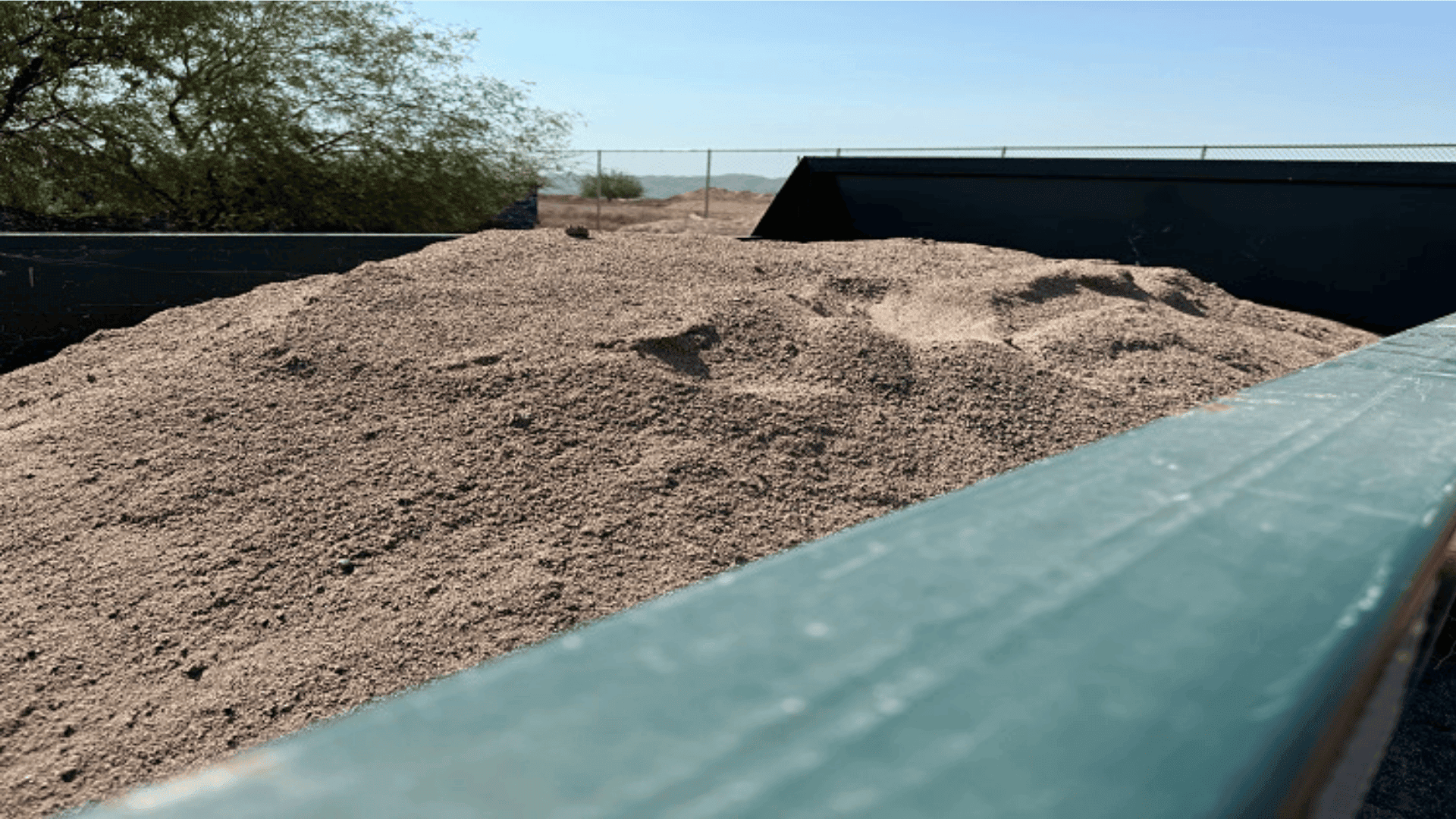Phoenix launches a Citywide food drive to assist residents experiencing food insecurity during the holidays.
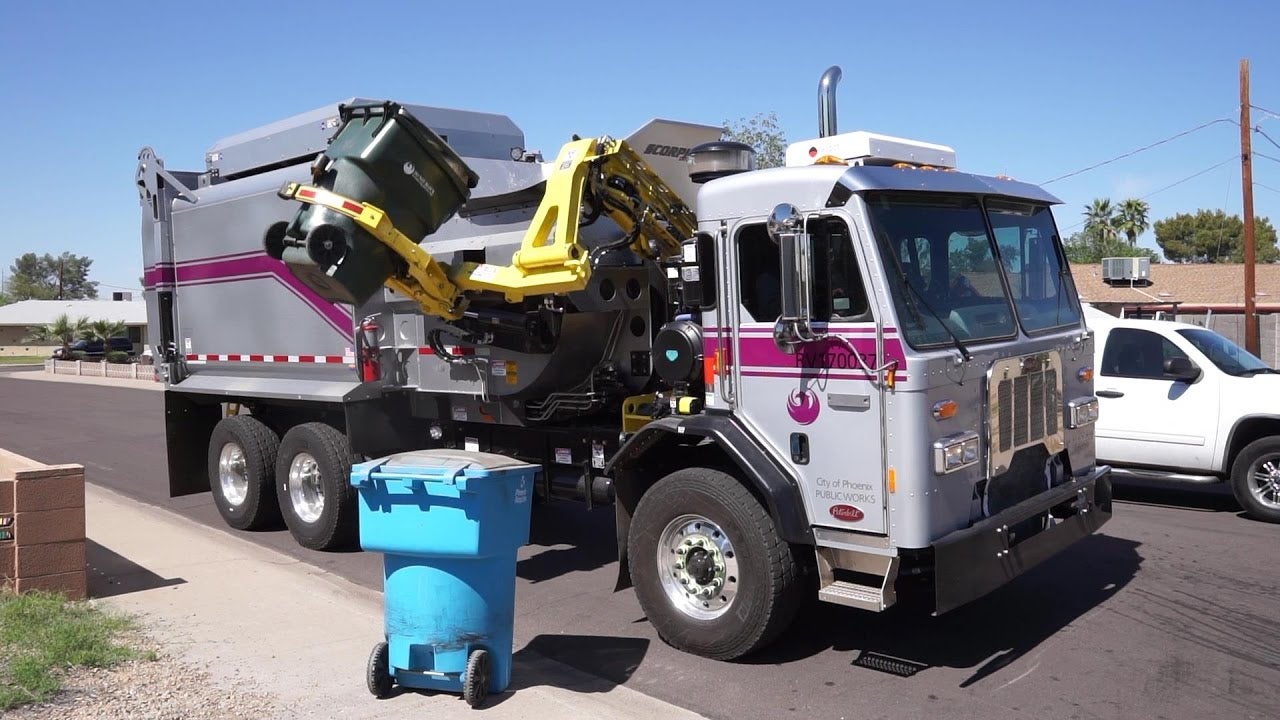
Overview
With more than 600 employees under its Solid Waste Division, the Phoenix Public Works Department provides trash, recycling, and other waste diversion services to more than 422,000 households.
In addition to these services, Public Works’ other divisions oversee and maintain all City fleet vehicles and City buildings. The department’s work culture is focused on providing excellent customer service and continuously striving for operational efficiency. Public Works is committed to reaching zero waste by 2050 by offering recycling and zero waste education, developing convenient and reliable waste diversion programs, and collaborating with organizations and businesses to develop a robust circular economy.
Contact Center
The Public Works Customer Contact Center is currently receiving a high number of calls. For assistance, you can also send us your questions or report an issue by:
- Email: Send us your questions or concerns via email at solid.waste@phoenix.gov. Our team will respond within 1-2 business days.
- Submitting an Online Request: Scroll down to the “I Want To…” section below to utilize our online self-service options. You can review our holiday collection schedule, report a broken container or missed collection, or schedule a bulk trash or household hazardous waste pick-up.
Note: Bulk trash appointments are available and can be scheduled up to 6 months in advance. Thank you for your patience. We look forward to assisting you.
I Want To ...
Check out the services offered by Public Works.
-
Find My Collection Day
Our interactive map tells you what days your recycling and trash are collected.
-
Schedule Bulk Trash Collection
Customers can schedule up to four bulk trash collections per year.
-
Repair or Replace a Container
If your container is broken, we will fix it for you at no additional cost!
-
Add or Change a Service
Need an extra trash container? Customize your curbside service.
-
Schedule a Household Hazardous Waste Pickup
Safely dispose of household hazardous waste in Phoenix by scheduling at-home collection.
-
Drop Off a Load of Trash
Find dumping fees and guidelines at the Phoenix Transfer Stations.
-
Schedule a Dumpster Rental
Learn about sizes and pricing to suit your needs.
-
Check the Holiday Collection Schedule
Find Phoenix's holiday trash collection schedule.
Public Works Resources
Learn about the Public Works Department's services for trash, recycling, composting, and education & outreach.
-
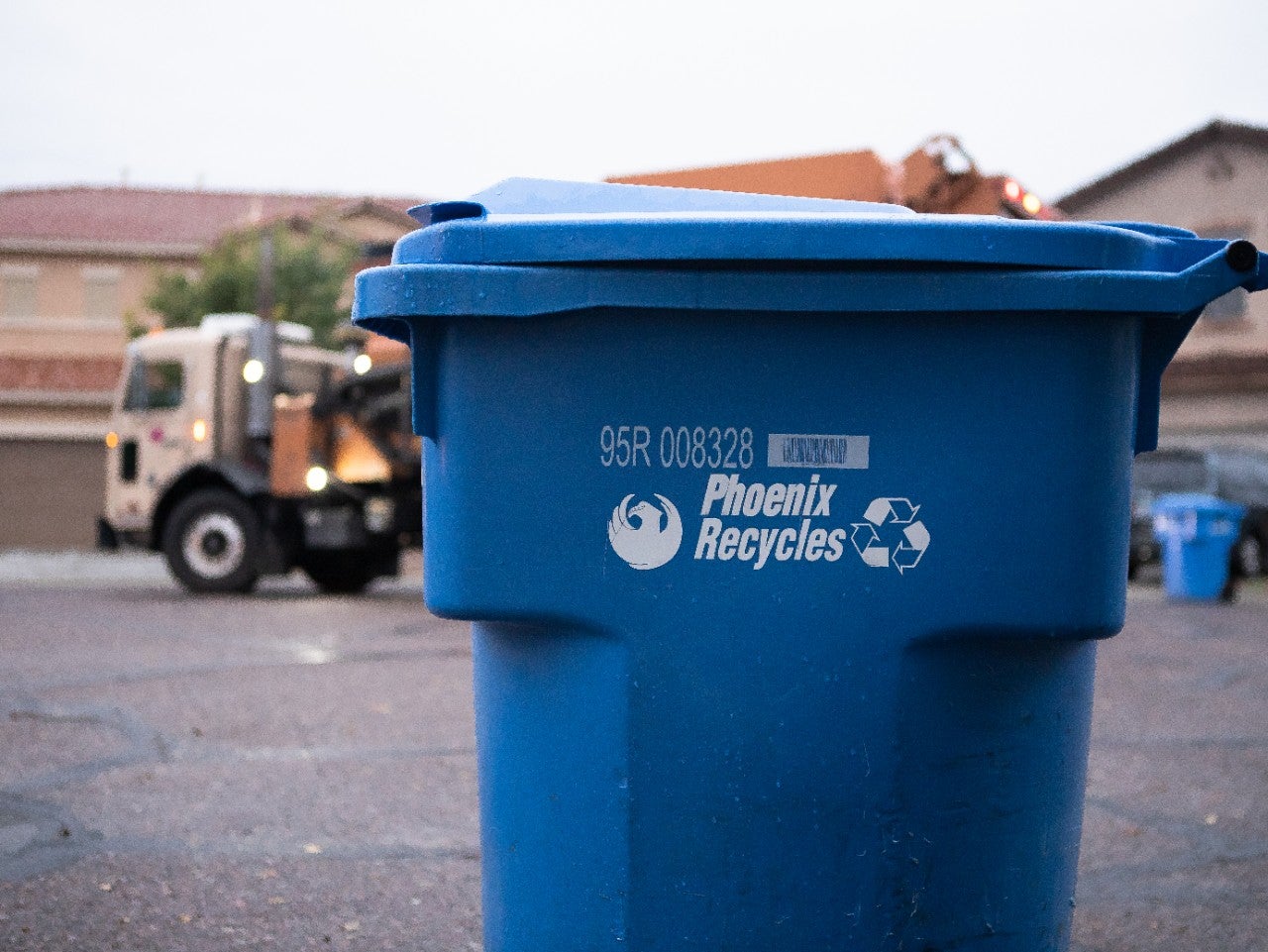
Recycling Container
Learn what's acceptable in Phoenix's recycling program.
-

Landfill Container
Phoenix offers weekly residential trash collection. Trash is sent to the State Route 85 Landfill for disposal.
-
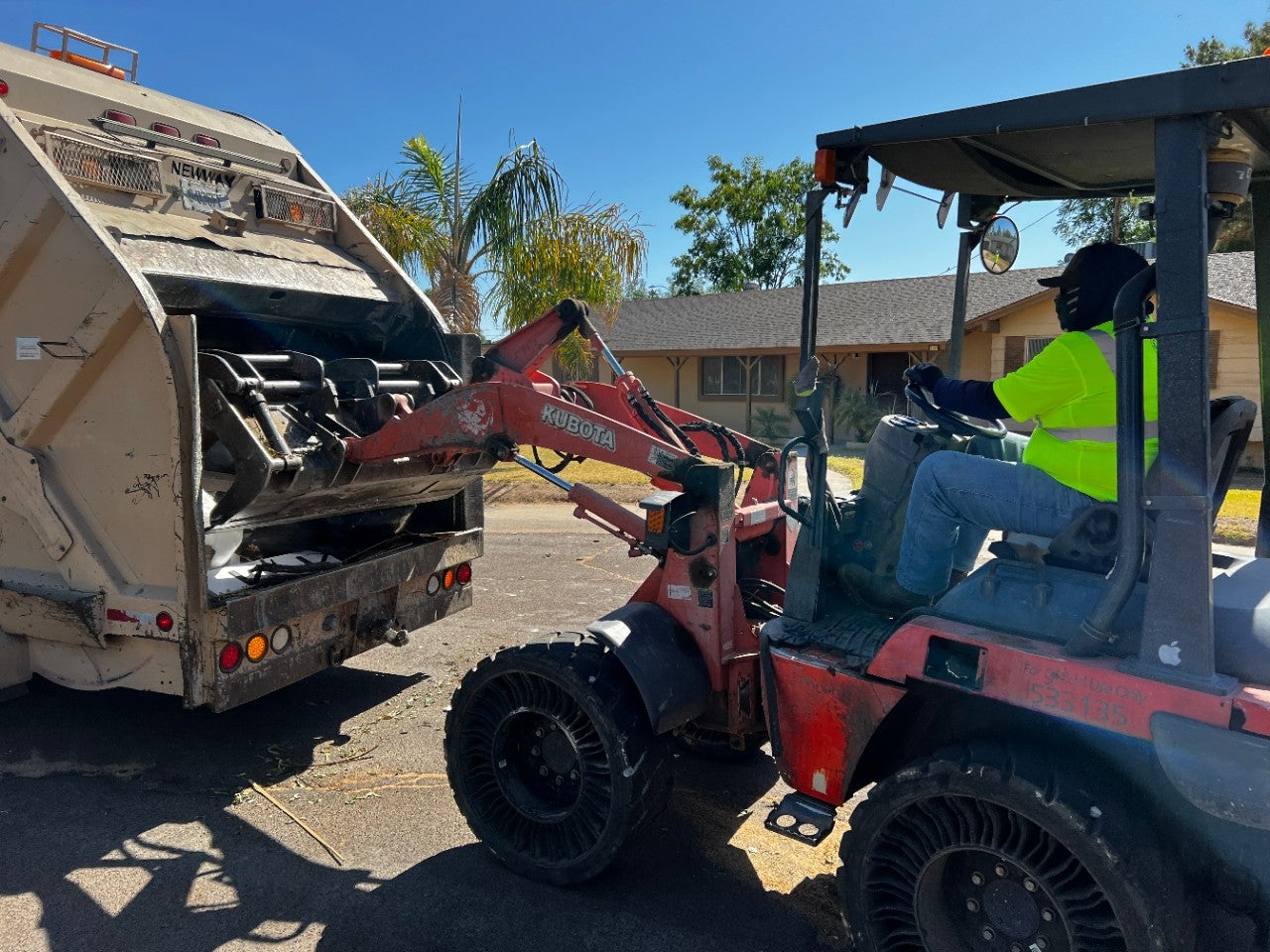
Bulk Trash
Book your bulk trash appointment and learn about guidelines for proper curbside placement.
-
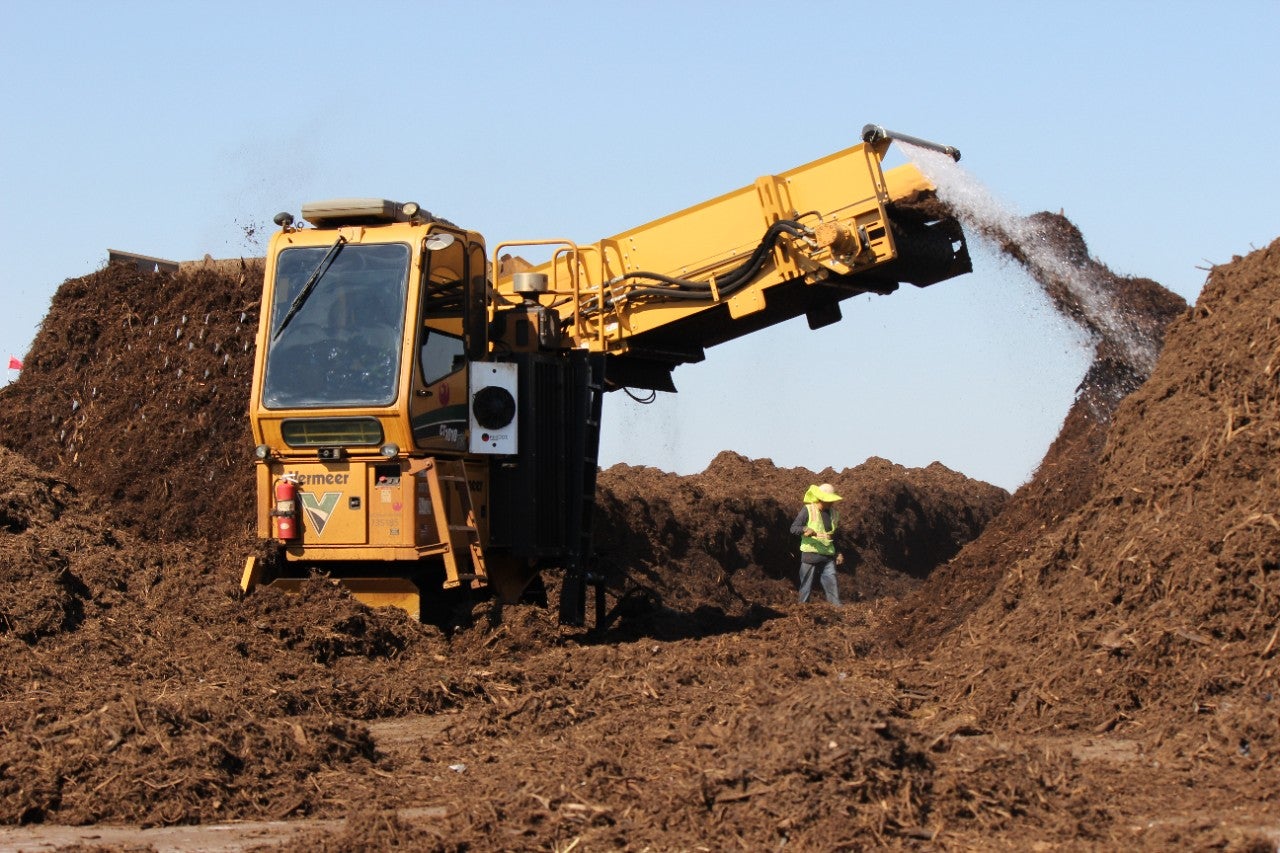
Green Organics Container and Composting
From backyard composting to the curbside green organics container, Phoenix offers many options for residents to compost their household yard waste.
-
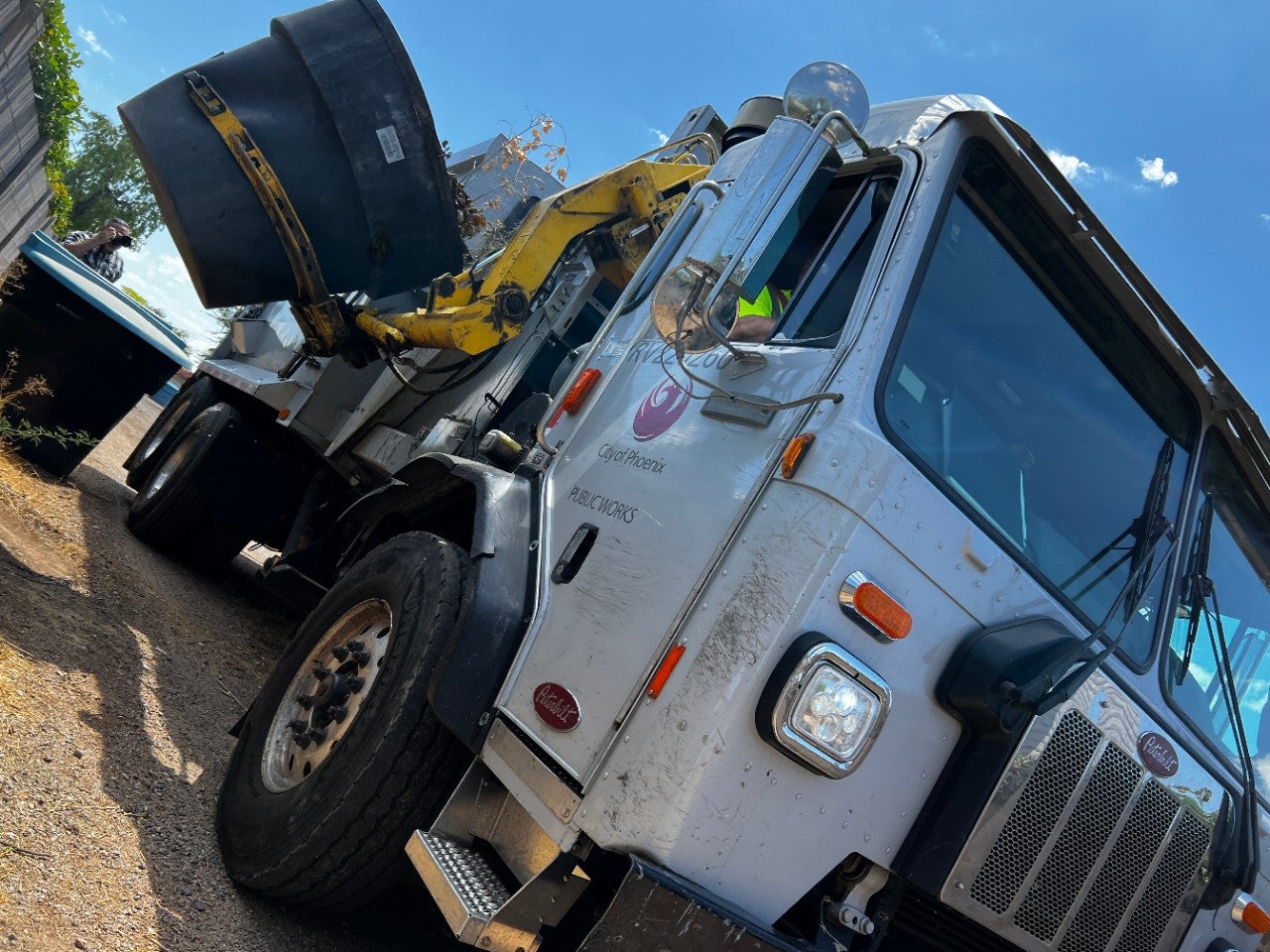
Alley Relocation
Learn how to request trash, recycling, and bulk trash services be permanently relocated from alley to curbside pickup.
-

Zero Waste Education
Discover how the Phoenix Zero Waste Team can teach you sustainable practices for reducing waste and recycling right.
Take a Virtual Tour of the Phoenix Materials Recovery Facility
This video takes you through the recycling process at the Phoenix Materials Recovery Facility, which includes receiving, sorting, and shipping recyclable materials that are collected from City residents.
